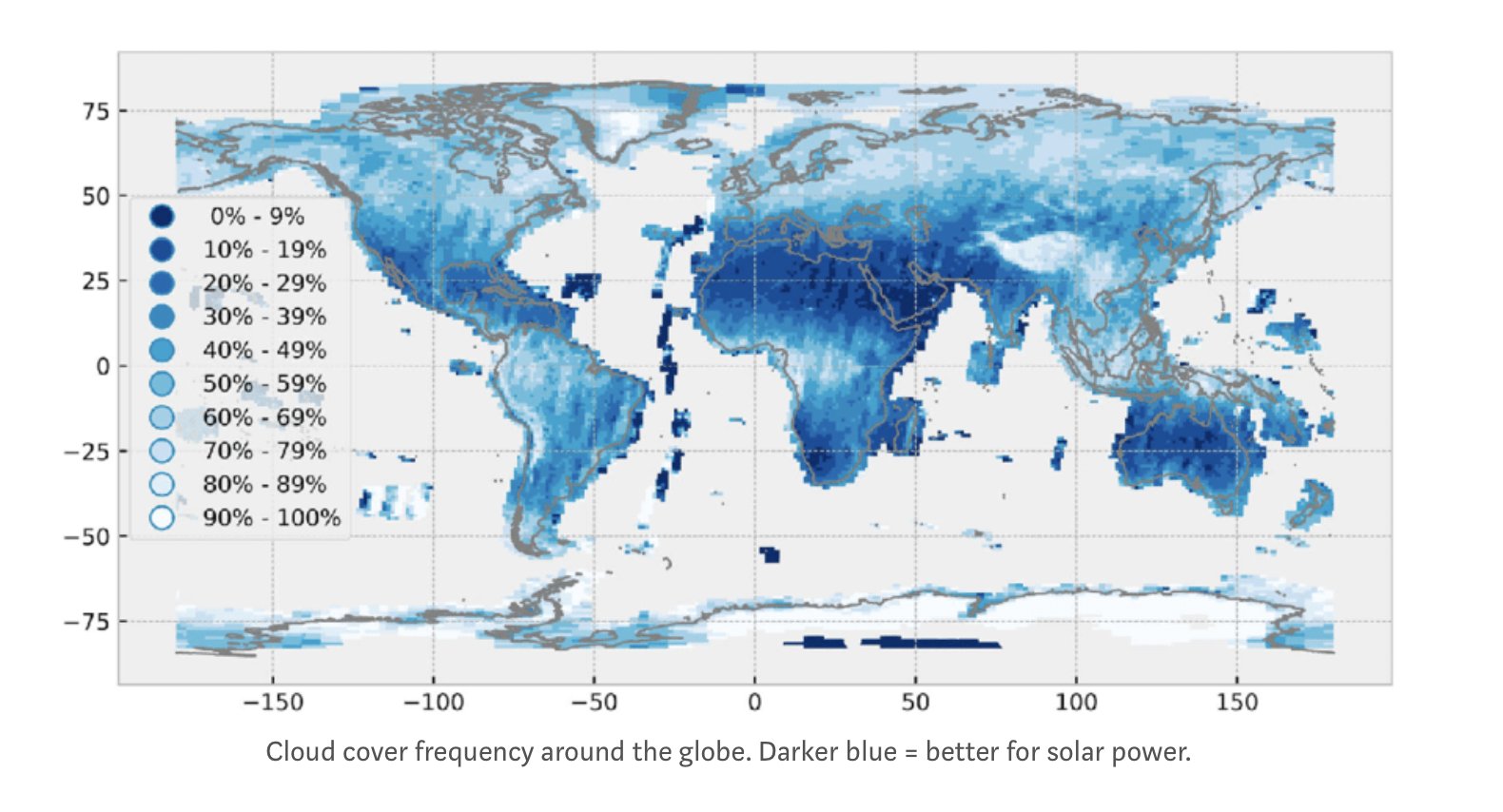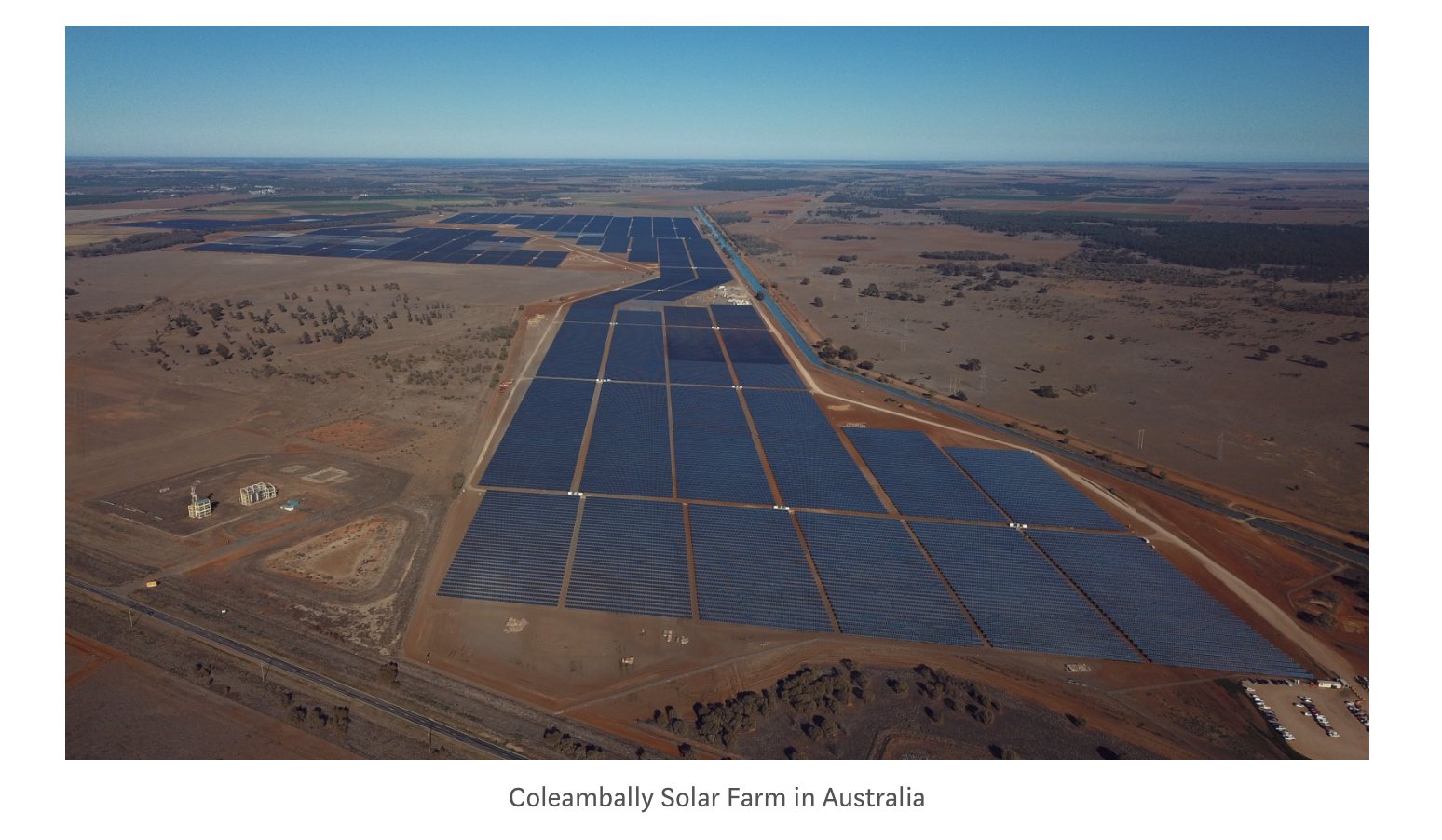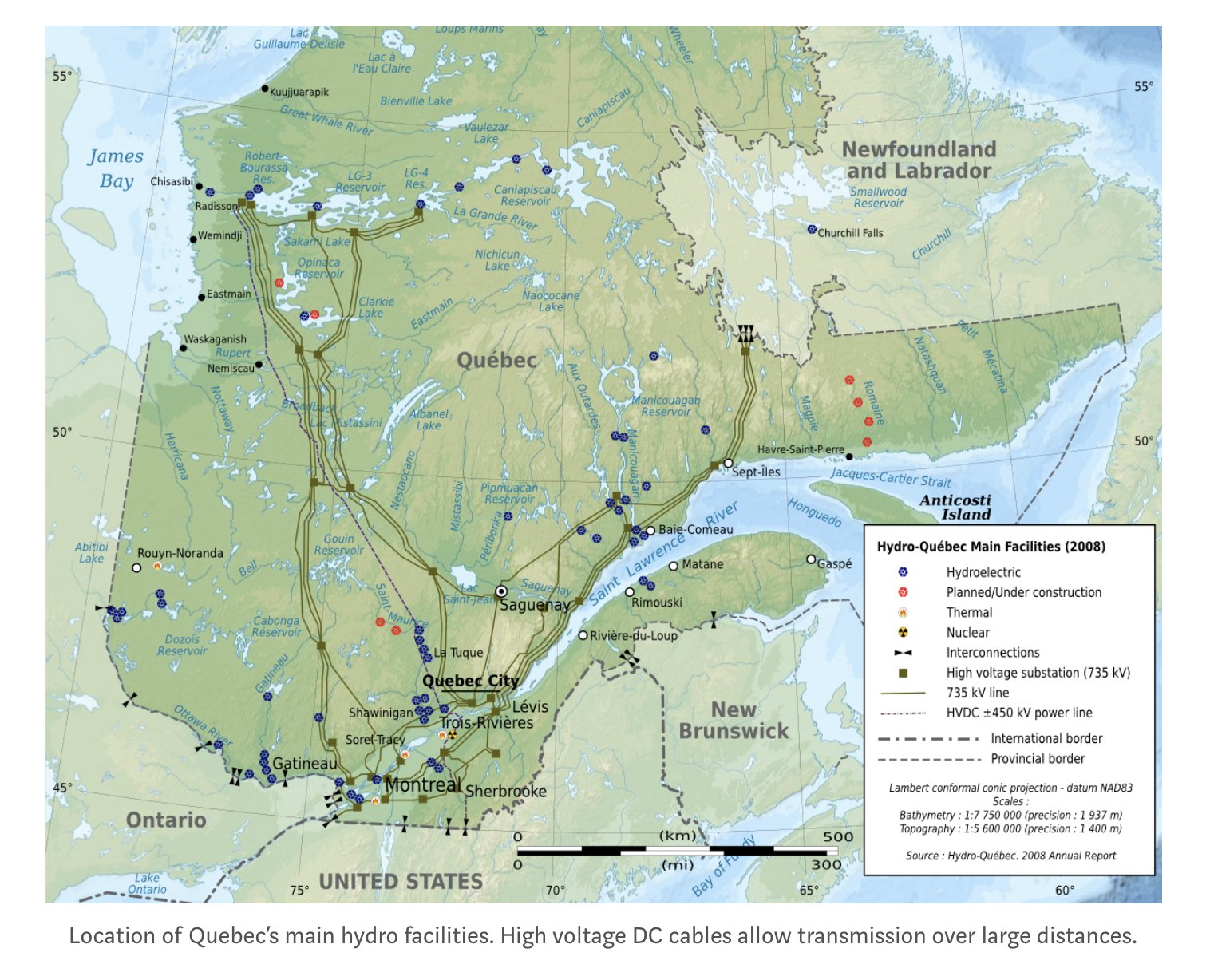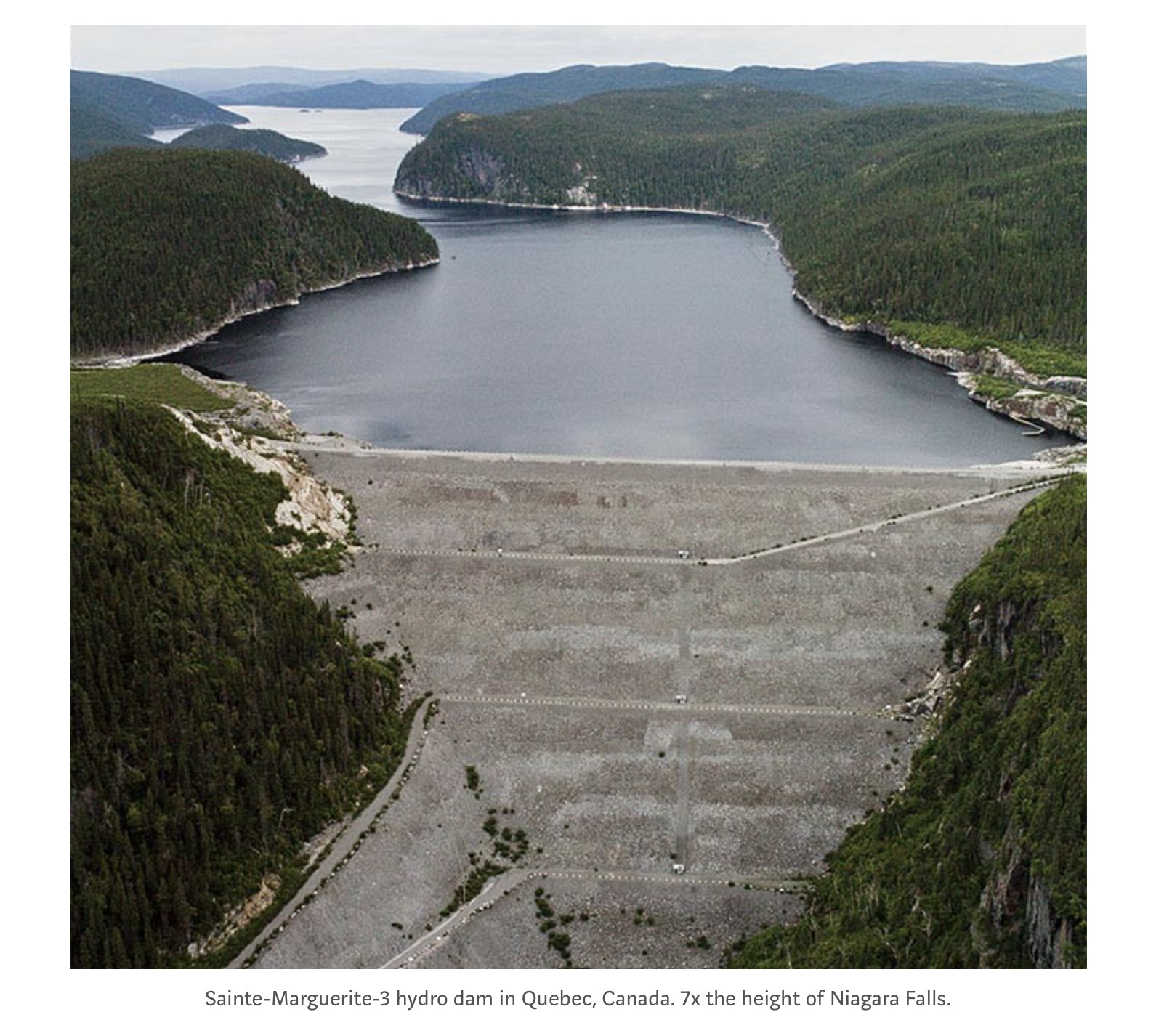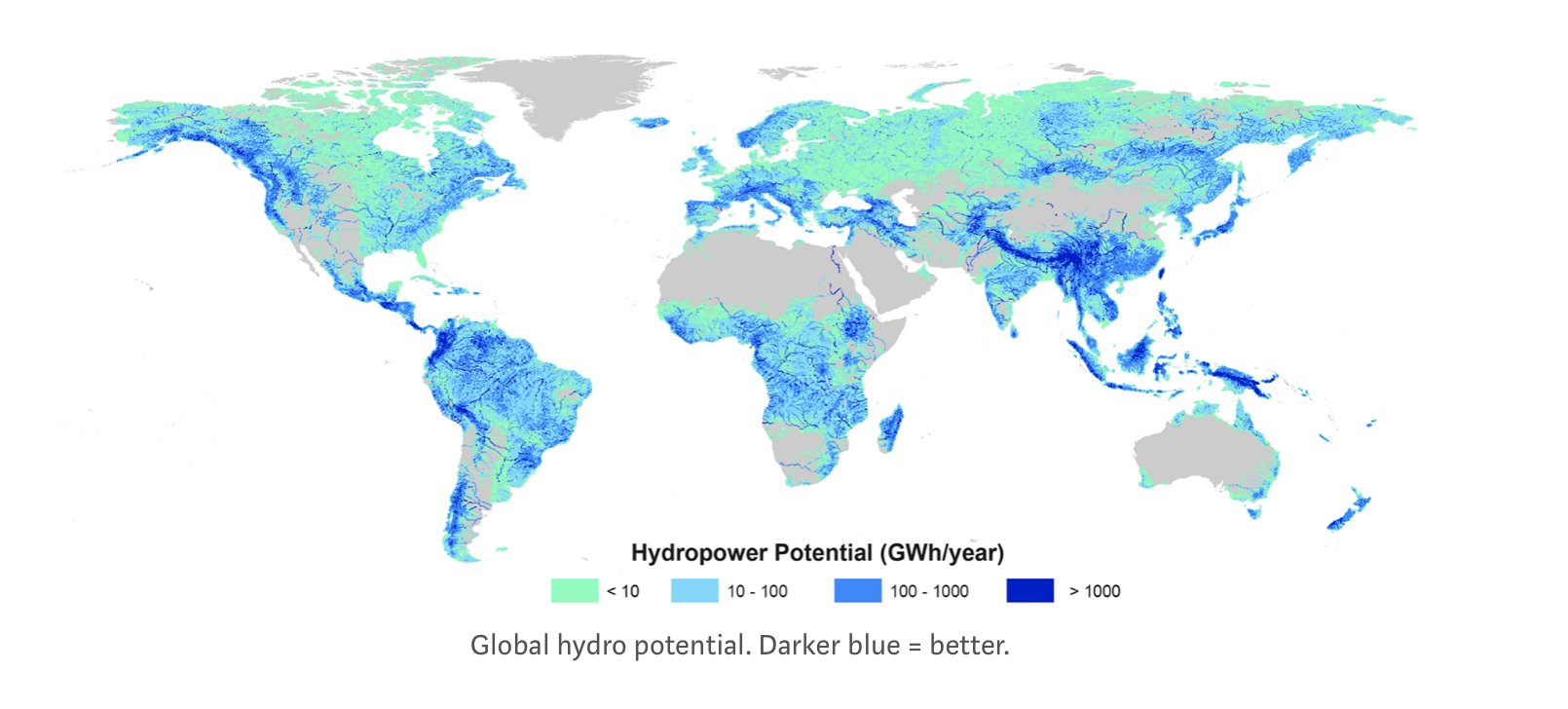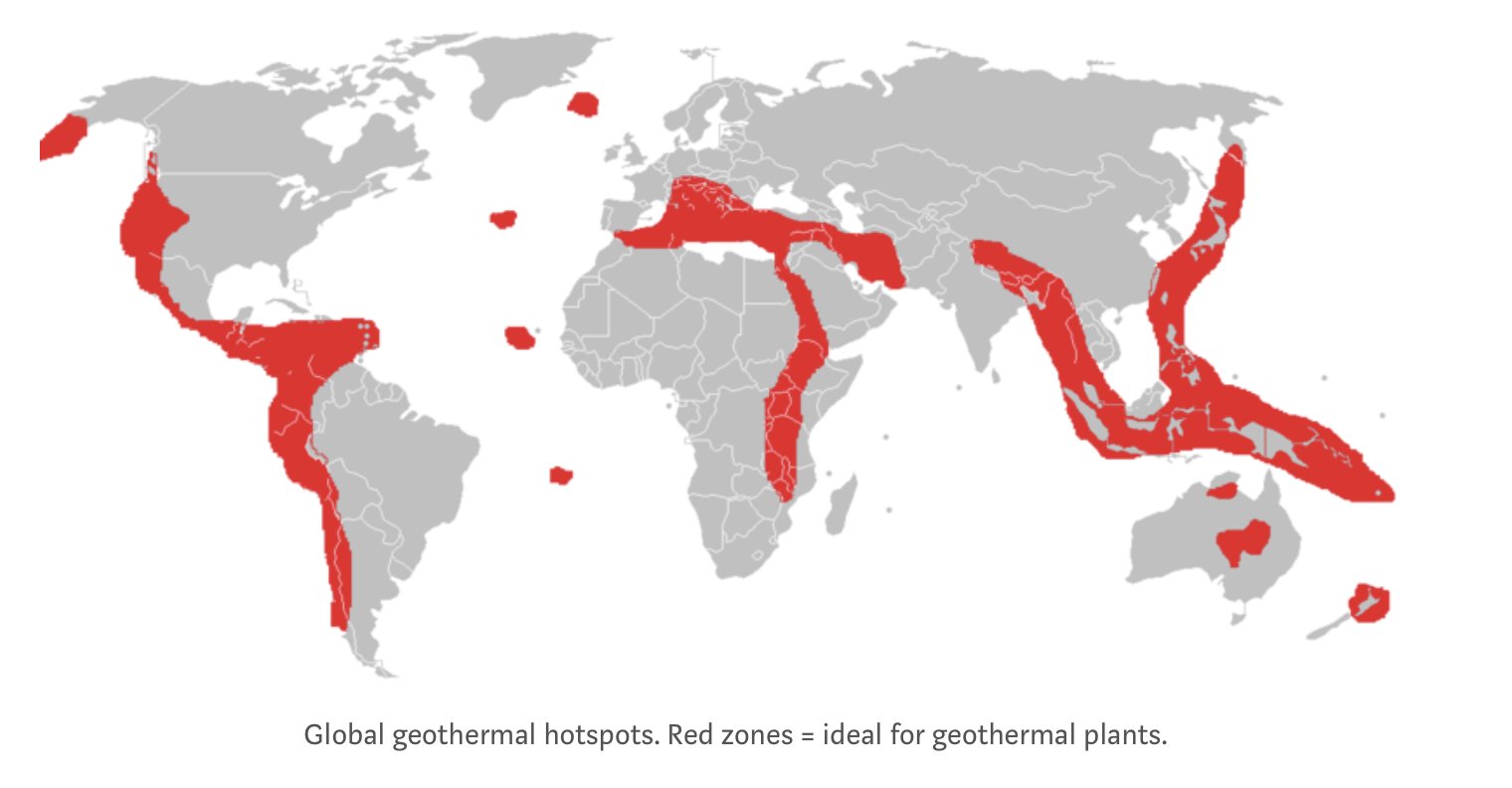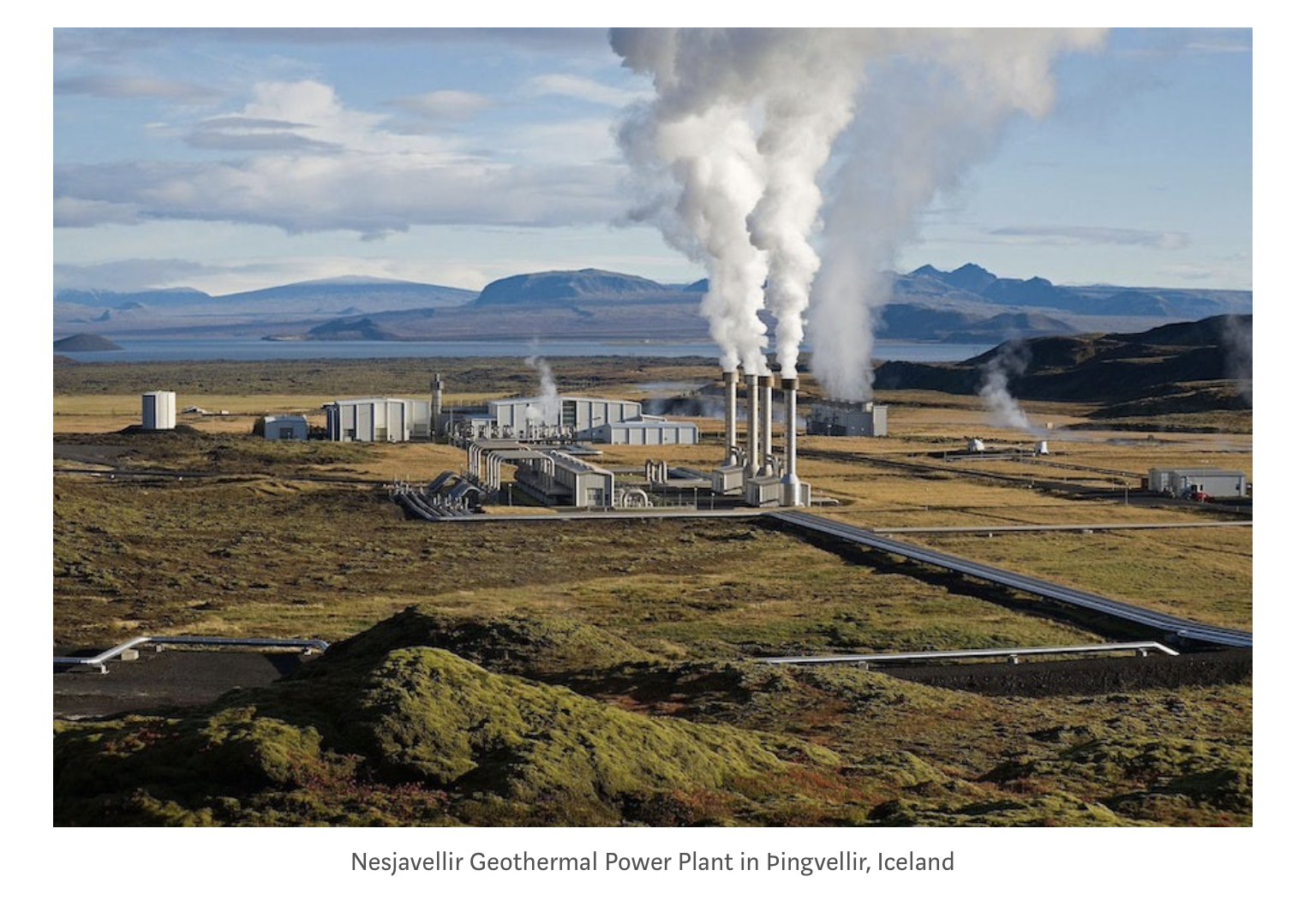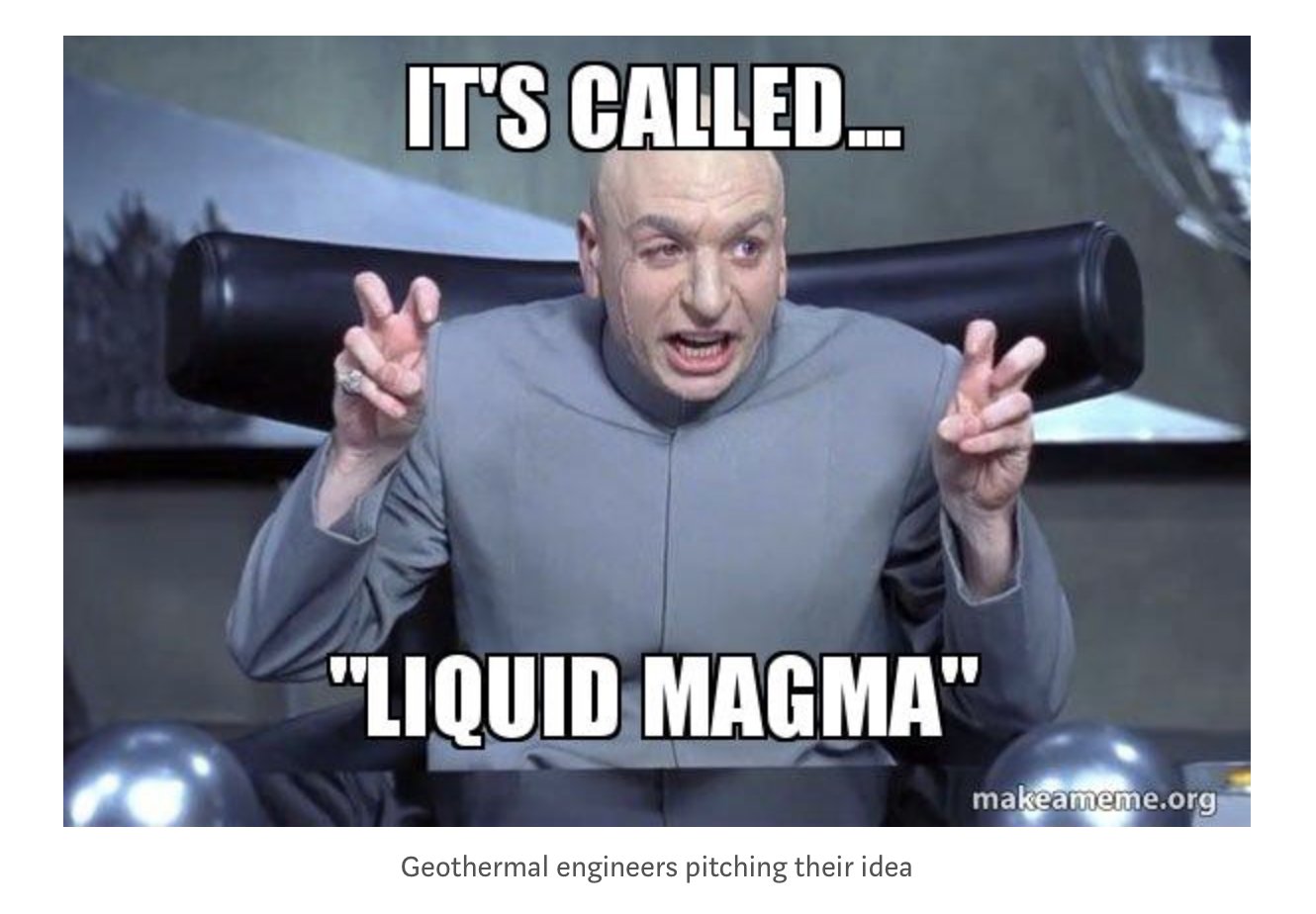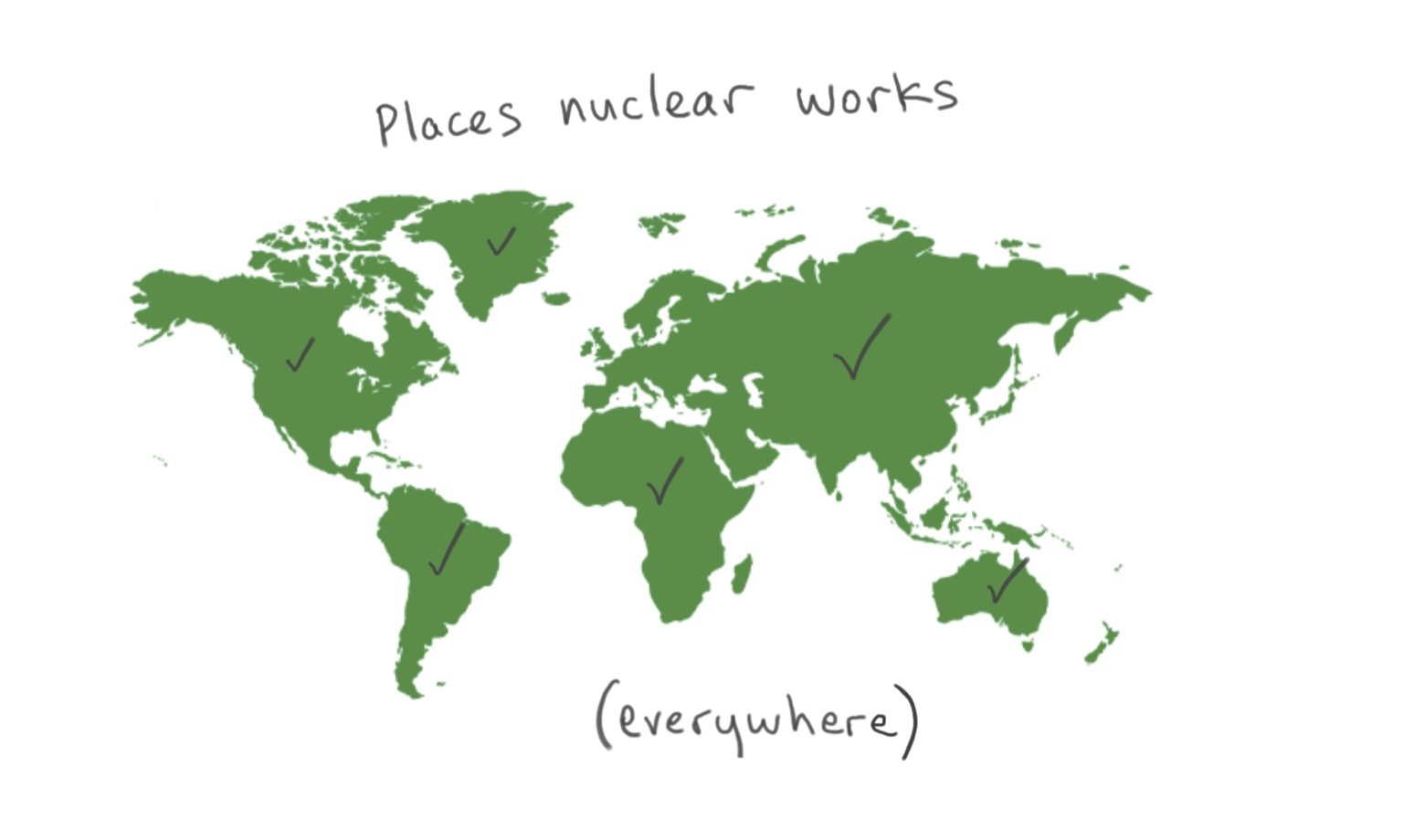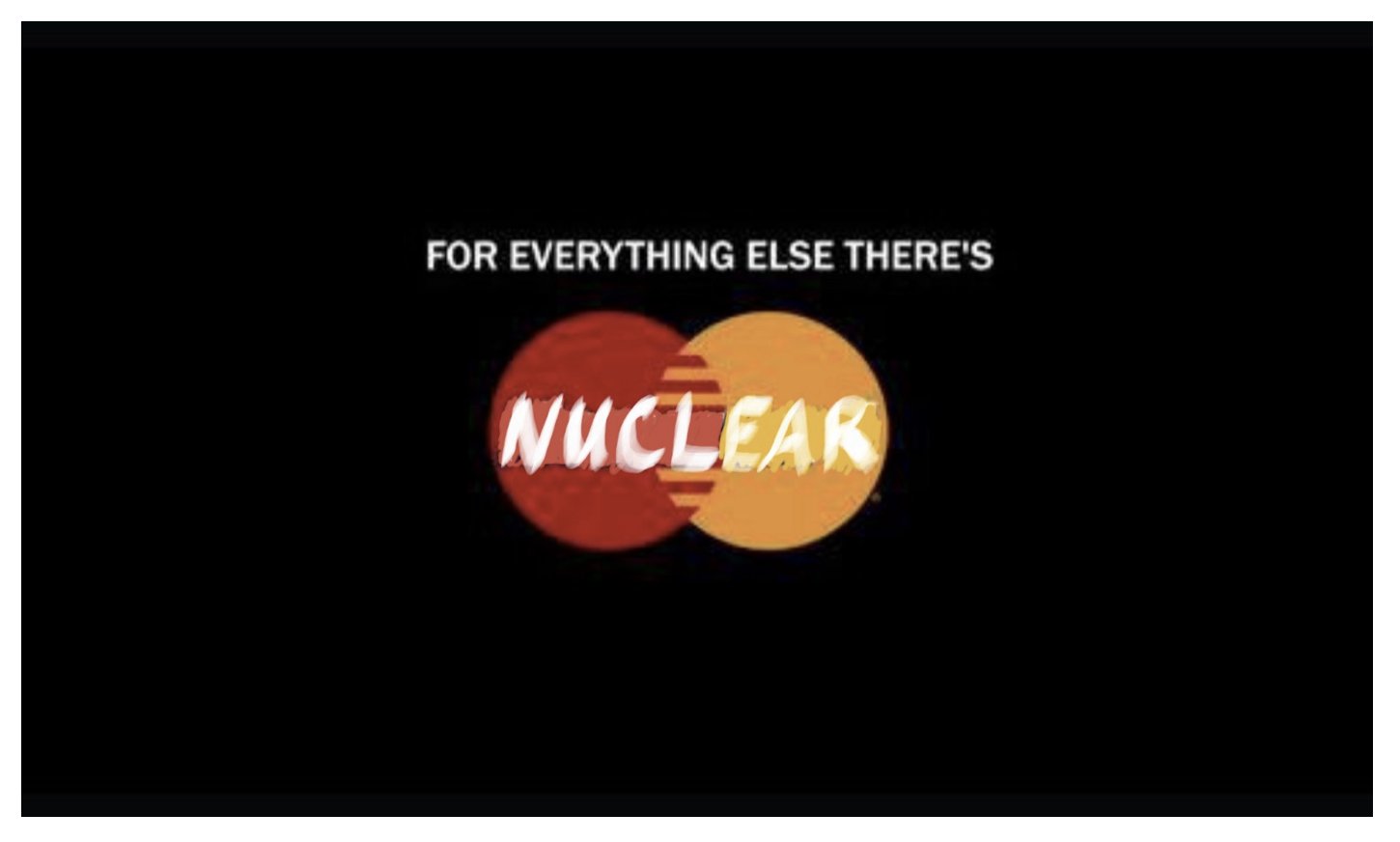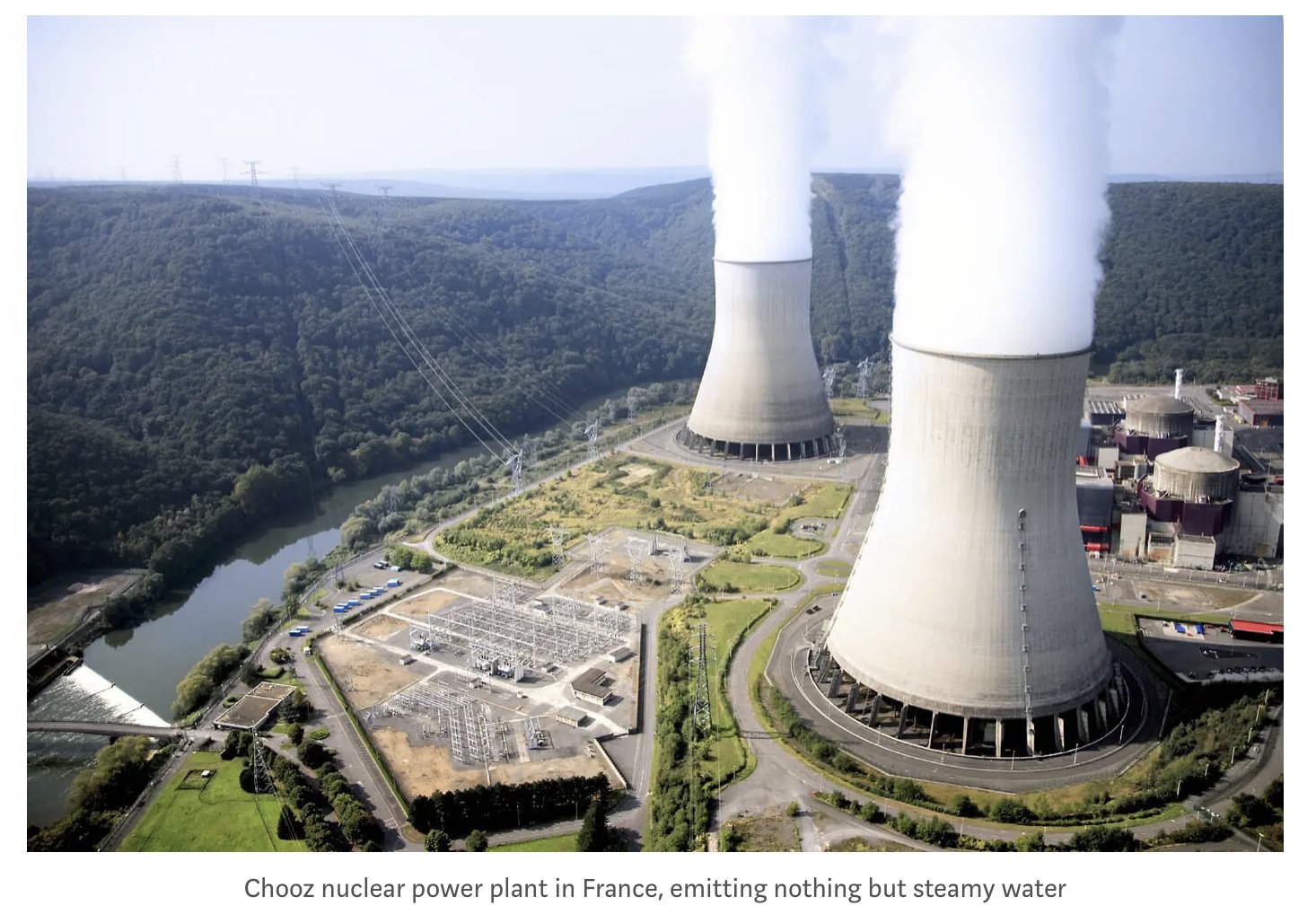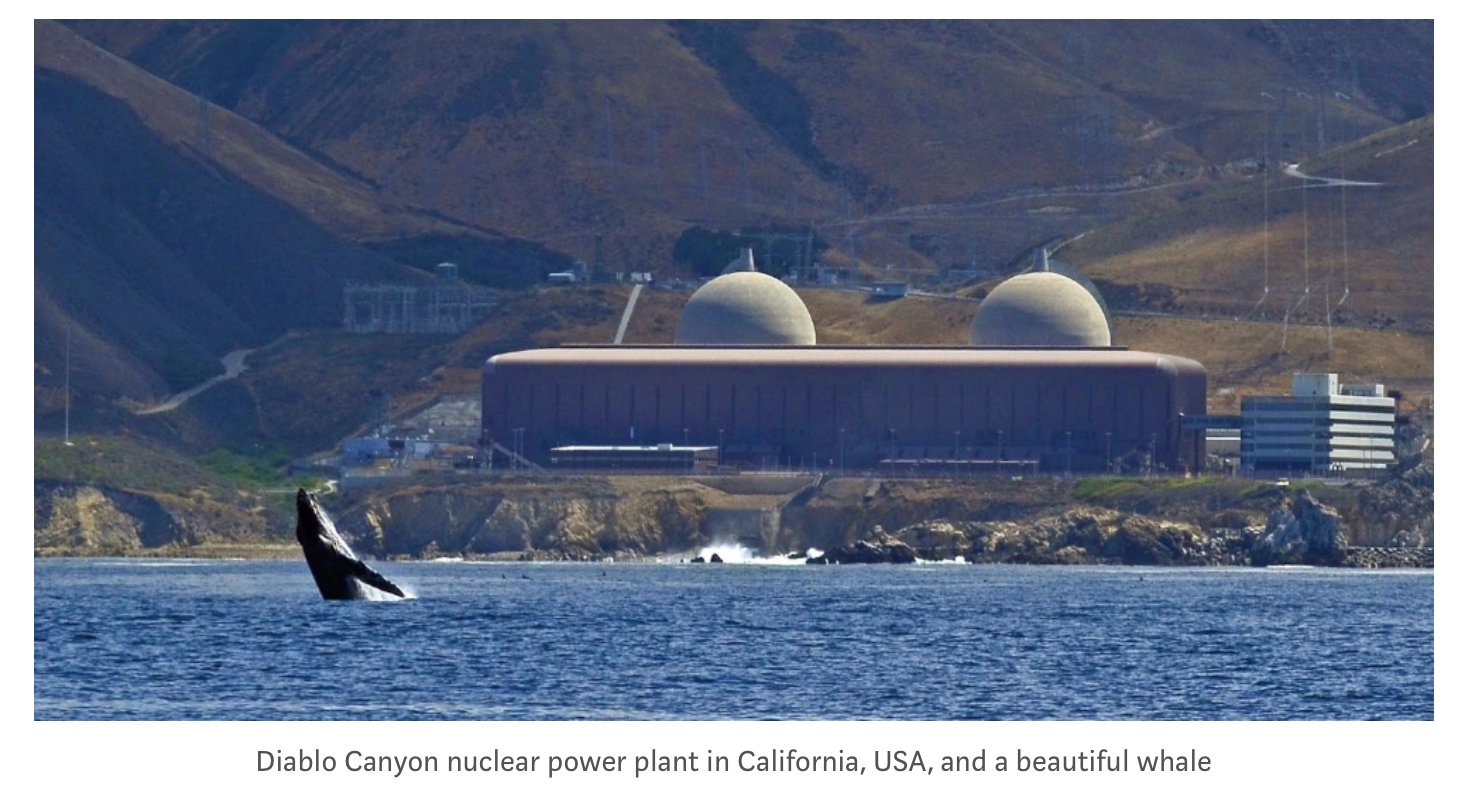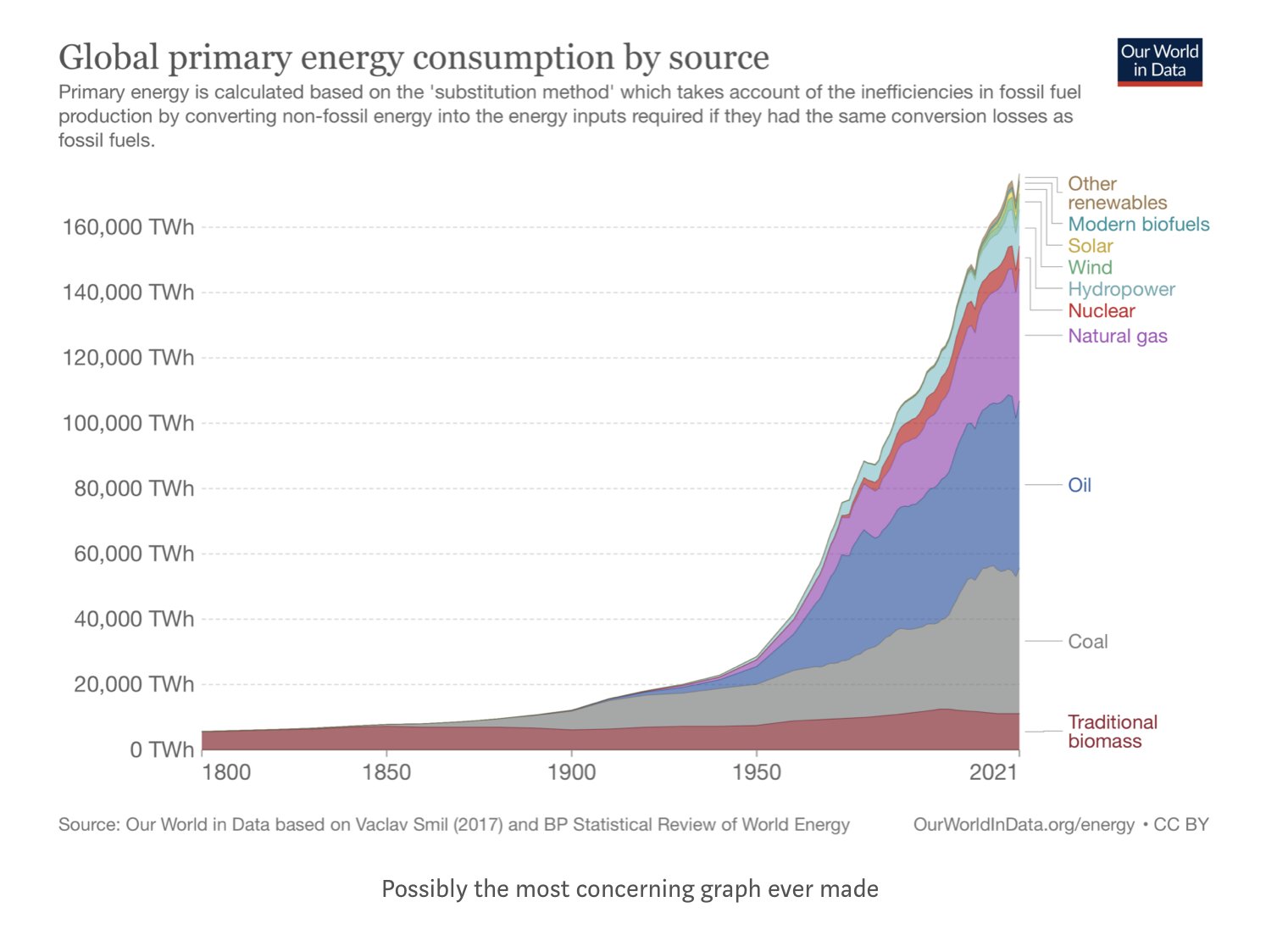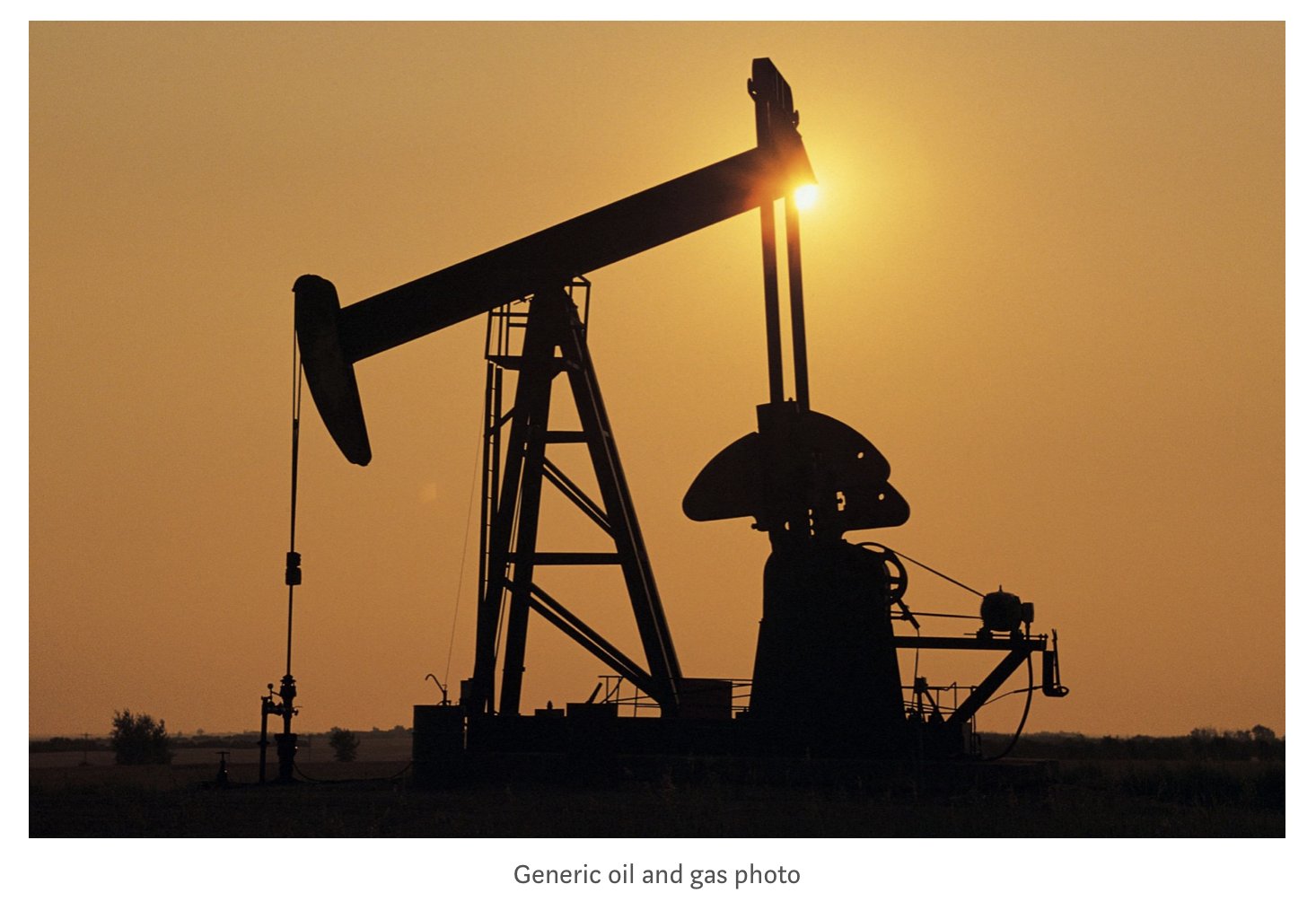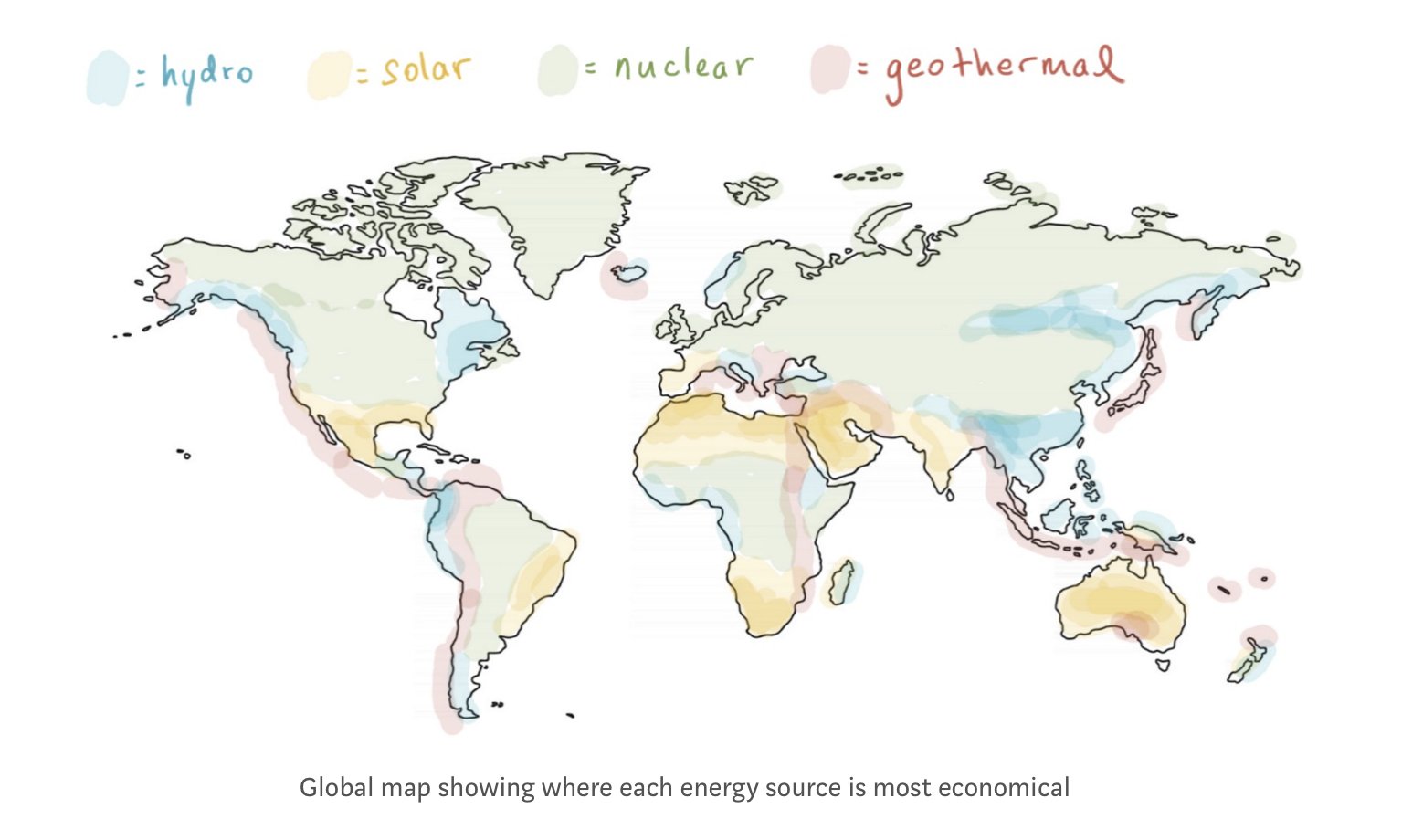Thread
Experts can't seem to agree on the best way to decarbonize the grid.
Is the answer in renewables? Nuclear? Or do we need a new breakthrough technology?
Here's what you need to know 🧶👇
Is the answer in renewables? Nuclear? Or do we need a new breakthrough technology?
Here's what you need to know 🧶👇
Where an expert lives can strongly influence their opinions on energy.
Climate & geology, politics, and raw material availability all come into play.
Arguments about energy can often feel like this:
Climate & geology, politics, and raw material availability all come into play.
Arguments about energy can often feel like this:
Solar is cheaper in places with long days, lots of sun, and large flat areas.
For example, most of Australia is sunny 90–100% of the time.
Australia gets 10% of its electricity from solar, costing 5c / kWh. In parts of Canada solar is 6x that price.
For example, most of Australia is sunny 90–100% of the time.
Australia gets 10% of its electricity from solar, costing 5c / kWh. In parts of Canada solar is 6x that price.
Hydro is cheaper in places with big, sharp elevation changes and lots of water.
For example, Quebec's SM-3 hydropower plant is 7x the height of Niagara Falls.
Quebec gets >90% of its electricity from hydro, costing 7c / kWh.
For example, Quebec's SM-3 hydropower plant is 7x the height of Niagara Falls.
Quebec gets >90% of its electricity from hydro, costing 7c / kWh.
Geothermal is cheaper where water seeps into bedrock heated by a magma pocket.
Iceland has boiling water 0–2km below the surface. Elsewhere on earth you'd have to drill 20km, and supply your own water.
Iceland gets 25% of its electricity from geothermal, costing 17c / kWh.
Iceland has boiling water 0–2km below the surface. Elsewhere on earth you'd have to drill 20km, and supply your own water.
Iceland gets 25% of its electricity from geothermal, costing 17c / kWh.
And for everything else, there's nuclear. It's the only clean energy source that works anywhere, regardless of climate and geology.
Nuclear adoption grew in the 50's and 60's, but stalled in the 70's due to shifting politics and over-regulation, inflating its cost.
Nuclear adoption grew in the 50's and 60's, but stalled in the 70's due to shifting politics and over-regulation, inflating its cost.
Since it doesn't depend on geology or climate, nuclear is simply cheapest where people embrace it most. In China it costs around 5c / kWh.
Ontario and France are both running on 65% nuclear power, where it costs 13c and 17c / kWh respectively.
Ontario and France are both running on 65% nuclear power, where it costs 13c and 17c / kWh respectively.
The challenge is that oil and gas, like nuclear, works anywhere. But unlike nuclear, it's currently the cheapest option, & has until recently been embraced everywhere.
So the question is: Which clean energy source will be most likely to outcompete oil and gas, on a global scale?
So the question is: Which clean energy source will be most likely to outcompete oil and gas, on a global scale?
The above tweets contain maps of where each clean energy source is most economical.
Here's a map overlaying them all:
Here's a map overlaying them all:
While each source deserves funding so it can thrive where suited, it's clear that nuclear has the most widespread potential to replace fossil fuels.
To summarize: Nuclear works anywhere, can already be built economically, and shows the most promise for future cost reduction.
To summarize: Nuclear works anywhere, can already be built economically, and shows the most promise for future cost reduction.
Nuclear is our best hope for complete decarbonization of the grid. It's time we start embracing it.
Follow for more energy content, and future announcements on my plans in nuclear 👍
Follow for more energy content, and future announcements on my plans in nuclear 👍

